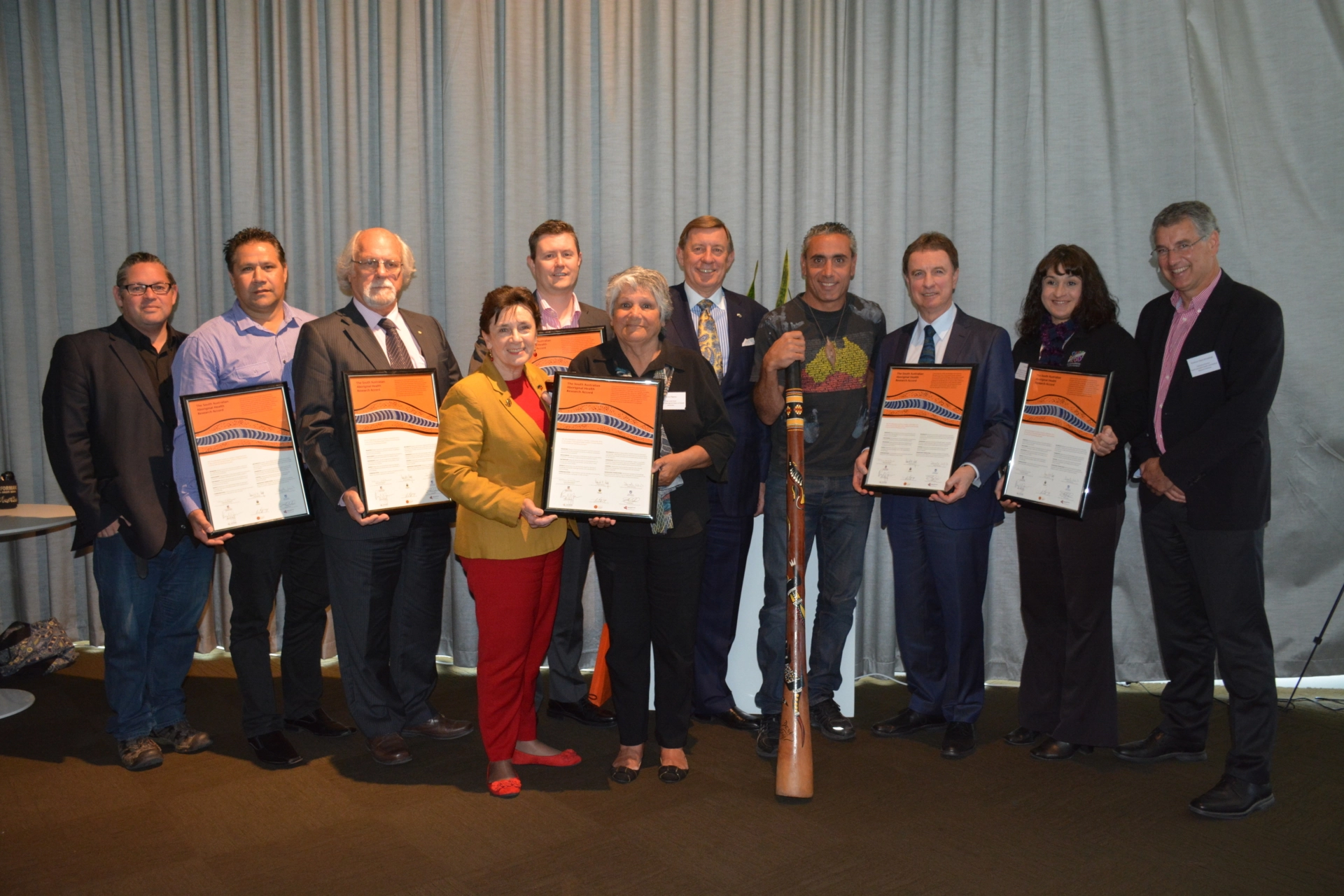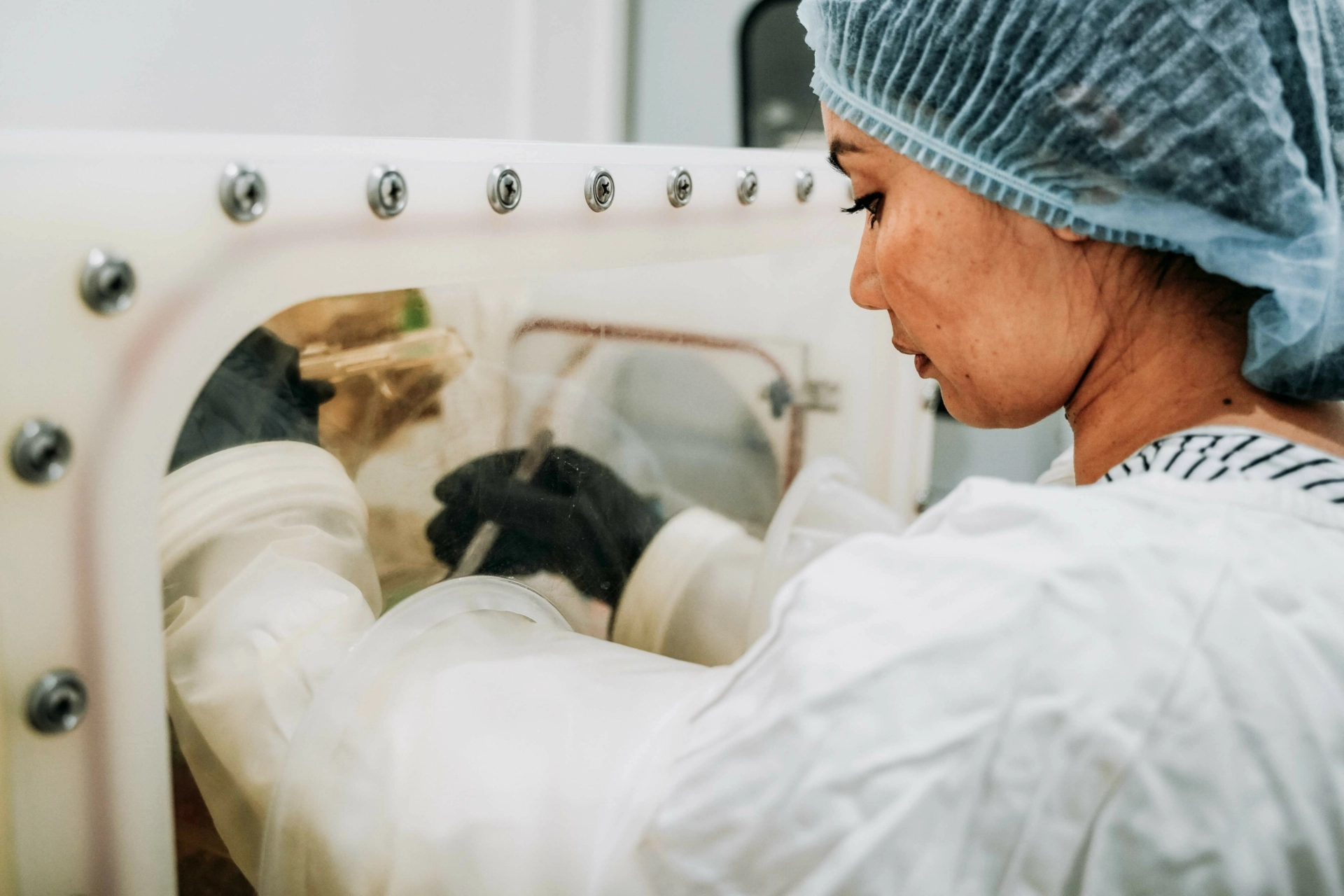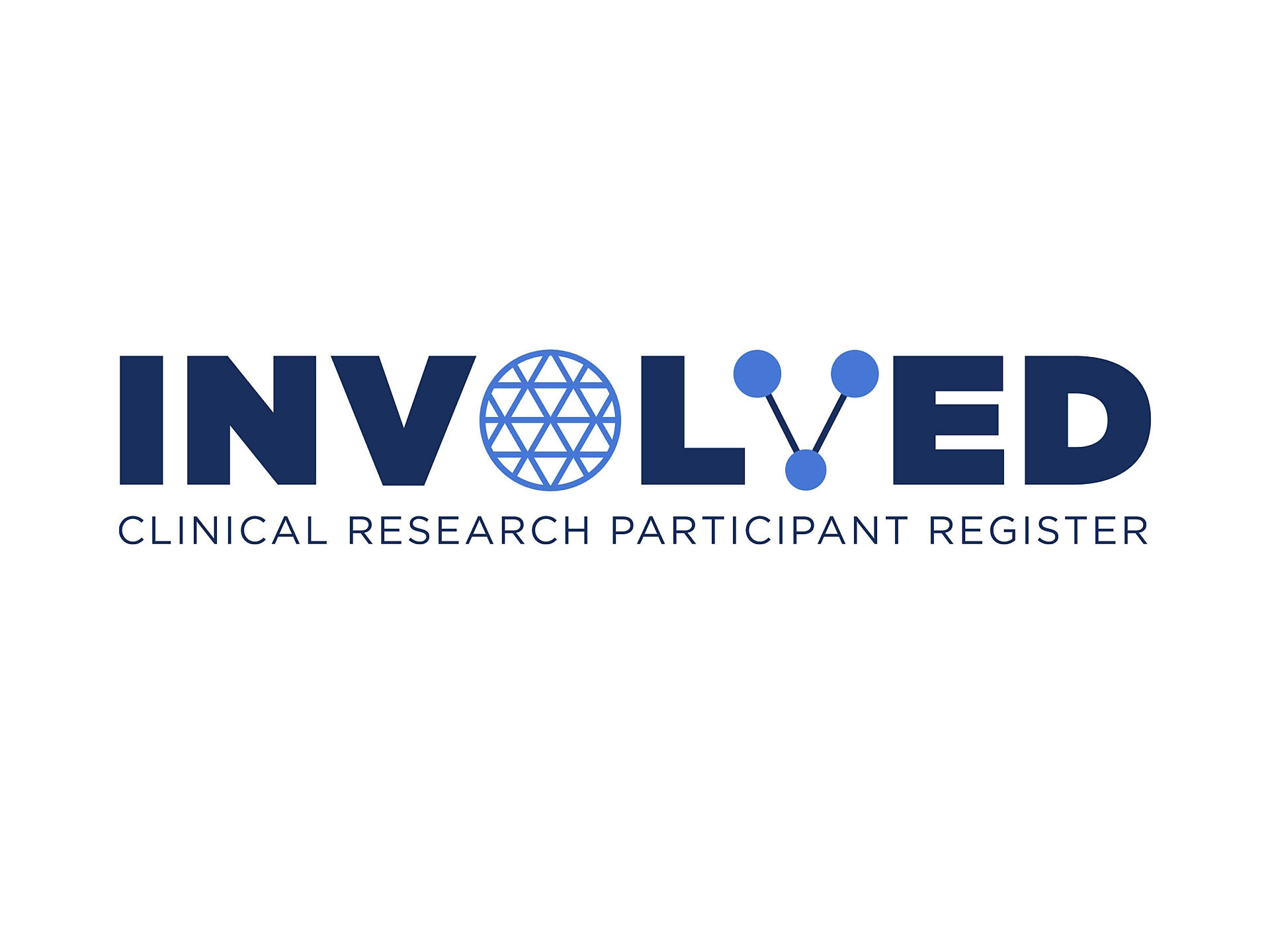SAHMRI and its researchers will abide by the core principles of research conduct as outlined by the Australian Code for the Responsible Conduct of Research:
- Honesty and integrity
- Respect for human participants, animals and the environment
- Responsible use of public resources to conduct research
- Appropriate acknowledgement of the role of others in research
- Responsible communication of research results
All SAHMRI staff, students and visiting researchers must comply with the Australian Code for the Responsible Conduct of Research and associated SAHMRI Research Policies.
Concerns regarding research misconduct will be taken very seriously by the institute. Staff are encouraged to contact the SAHMRI Designated Person Sarah Lawson in the first instance to discuss their concerns.
Research Misconduct Designated Person
SAHMRI has appointed a senior staff member from the Research Office as the Misconduct Designated Person. Any allegation of research misconduct should be made to the Designated Person who will obtain the information required to undertake an initial assessment. The documentation will then be discussed in detail with the Research Integrity Advisors. Following assessment the matter, details will then be directed to the Executive Director if appropriate.
Sarah Lawson is SAHMRI’s Research Misconduct Designated Person.
Advisors in Research Integrity
The Research Integrity Advisors can provide confidential advice to staff, students or other persons about:
- Actions that might constitute misconduct
- The rights and responsibilities of the complainant
- The procedures that will apply in the handling of allegations of research misconduct at SAHMRI
Professor Maria Makrides and Professor Caroline Miller are SAHMRI’s Advisors in Research Integrity.
SAHMRI is committed to conducting and supporting methodologically and ethically sound research that adheres to, and is conducted in accordance with, ethical principles, guidelines for responsible research conduct, legislation and regulations.
Responsibility for ensuring research governance requirements are met falls principally to the institution that hosts the research and the researchers who conduct health and medical research.
To address this, SAHMRI has developed a Research Governance Framework for all research involving human participants to ensure compliance with these requirements.
This Research Governance Framework is intended to provide guidance to researchers, both those employed by SAHMRI and external researchers seeking access to the SAHMRI site, data and/or staff.
When do I need to apply the Framework and complete a Site Specific Assessment (SSA)?
The SAHMRI Research Governance Framework applies to researchers involved in the conduct of health and medical research involving humans that:
- Is conducted on the SAHMRI site (i.e. the North Terrace building) and includes the clinical rooms on Level 4; and/or
- Involves the use of samples/data/records or other material held and managed by SAHMRI
The Framework applies equally to employees of SAHMRI and external researchers who are undertaking research at the SAHMRI site.
The SSA is a component of research governance and involves assessing the suitability of the resources at the SAHMRI site and whether they are sufficient to ensure the satisfactory conduct and completion of the project. It also considers whether appropriate consultation and approval has been granted by local decision makers to permit the project to the undertaken at SAHMRI.
This Framework does not apply to research undertaken by SAHMRI staff at external institutions, for example a public health organisation. Local policies will apply at these institutions and must be adhered to at all times.
Compliance with this Framework is mandatory. Download the form required.
Once completed, the SSA form must be submitted to the SAHMRI Research Governance Officer at researchgovernance@sahmri.com.
Compliance with the Australian Code for the Responsible Conduct of Research and SAHMRI Policies
SAHMRI is committed to ensuring that all research is conducted in accordance with the principles outlined within the Code, and takes its responsibilities associated with research integrity very seriously. The Research Office has SAHMRI Policies that align with the Australian Code for the Responsible Conduct of Research (Code) and the Guide to Managing and Investigating Potential Breaches of the Code.
In addition, the NHMRC has recently added the Guidelines to Counter Foreign Interference in the Australian University Sector (UFIT Guidelines) to its list of applicable laws and obligations. SAHMRI, as a NHMRC Administering Institution and with its close association with Australian Universities, supports these principles.
As such, the Research Office has updated the below documents to reflect this -
- SAHMRI Responsible Conduct of Research Policy
- SAHMRI Research Integrity Policy
- Competing Interests Commitments and Foreign Engagements Policy
- Managing Competing Interests Commitments and Foreign Engagements Procedure
All SAHMRI staff and those working within our associated sites are expected to comply with the provisions outlined within the Code and associated SAHMRI Policies.
We ask that you familiarise yourself with the Code and the SAHMRI Policy documents.
If you have any questions, please feel free to contact the Research Office.
All SAHMRI researchers are required to receive ethics approval from a properly constituted Human Research Ethics Committee.
Research must comply with the conditions outlined in the National Statement on Ethical Conduct in Human Research.
As SAHMRI does not have its own Human Research Ethics Committee, researchers need to contact the relevant Committee (eg SA Health, Bellberry, University of Adelaide, etc.) for information regarding approval processes specific to their research.
The South Australian Aboriginal Health Research Accord marked a new era not only for SAHMRI's research but for how Aboriginal health research is performed across the state.
Signing this Accord signalled a significant shift in Aboriginal health research, towards research that empowers Aboriginal communities to be partners in research.
Principles of the Accord
There are nine key principles of the Accord:
- Priorities - Research should be conducted on priorities arising from and endorsed by the Aboriginal community to enhance acceptability, relevance and accountability.
- Involvement - The involvement of Aboriginal people and organisations is essential in developing, implementing and translating research.
- Partnership - Research should be based on the establishment of mutual trust, and equivalent partnerships, and the ability to work competently across cultures.
- Respect - Researchers must demonstrate respect for Aboriginal knowledge, Aboriginal knowledge systems and custodianship of that knowledge
- Communication - Communication must be culturally and community relevant and involve a willingness to listen and learn.
- Reciprocity - Research should deliver tangible benefits to Aboriginal communities. These benefits should be determined by Aboriginal people themselves and consider outcomes and processes during, and as a result of, the research.
- Ownership - Researchers should acknowledge, respect, and protect Aboriginal intellectual property rights and ensure transparent negotiation of intellectual property use and benefit sharing.
- Control - Researchers must ensure the respectful and culturally appropriate management of all biological and non-biological research materials.
- Knowledge Translation and Exchange - Sharing and translation of knowledge generated through research must be integrated into all elements of the research process to maximise impact on policy and practice.
Signatories to the Accord
On 2 September 2014 this historic Accord was signed by key partners in South Australia, including:
- Professor Richard Russell AM, Pro Vice-Chancellor Research Operations / Dean of Graduate Studies, The University of Adelaide
- Professor David Lloyd, Vice Chancellor and President, University of South Australia
- Professor David Day, Deputy Vice-Chancellor (Research), Flinders University
- Mrs Janice Rigney, Chair, Council of Aboriginal Elders South Australia
- Mr Shane Mohor, Acting Chief Executive Officer, Aboriginal Health Council of South Australia
- Mr Raymond Spencer, Chair of the Board, SAHMRI
Animal ethics refers to the moral principles and considerations that guide how we treat and interact with animals.
It involves evaluating the rights, well-being, and interests of animals, and making ethical decisions about how we use and interact with them in various contexts, including research and teaching-based activities.
Purpose
The SAHMRI Biosafety Committee’s (SAHMRI BC) primary objective is the protection of personnel, the general public and the environment. To meet this goal, SAHMRI BC imposes requirements for safe laboratory and biological safety practices, reviews and approves policies, procedures, training, programs and facilities pursuant to the safe use of biological agents, other biological materials and toxins.
The SAHMRI BC is also responsible for reviewing and approving those research and teaching activities conducted by researchers, staff, students and/or visiting scientists on SAHMRI property, and/or under the control of SAHMRI, that involve the use of biohazardous materials including regulated animal and plant pathogens, biological toxins and recombinant DNA molecules.
SAHMRI BC Meetings
Scheduled Committee meetings are planned in March, June, August and December each year.
Application Forms
Please contact the SAHMRI BC Executive Officer for further information: email biosafety.committee@sahmri.com or phone 08 8128 4003
Submission of Applications
Applications must be received at least 14 days prior to a meeting to be considered at that meeting.
The SAHMRI BC will only accept electronic copies of forms. Paper copies will not be accepted.
Options for submitting:
- Physical signatures on a paper copy and then scan this and submit as a pdf
- Electronic signatures are also acceptable - with only the finalised version of the application to be submitted
- As a pdf converted from the Word document, asking every co-applicant to send an email agreeing to their inclusion on the application to biosafety.committee@sahmri.com.
Make sure all emails have in the title line the appropriate reference to the application. Please convert the signed form into a pdf before submitting.
Out-of-Session Approvals
Where work is needed to commence urgently and the dealing is low risk, the committee might be able to approve the application out-of-session. This is the exception, not the norm. If you wish your application to be considered out-of-session, please inform the executive officer, who will consider the nature of the application and advise accordingly.
National Legislative Framework
The Commonwealth has established a national legislative framework for the regulation of gene technology in Australia. This regulatory system is managed by the Office of the Gene Technology Regulator (OGTR). The Gene Technology Act 2000 was passed by Federal Parliament in December 2000 and took effect from 21 June 2001. The Commonwealth Gene Technology Regulations 2001 form another component of the national scheme, also taking effect from 21 June 2001. More detail about the Regulator and the Regulations, including application forms, is available on the OGTR website.
A new regulatory scheme dealing with Security Sensitive Biological Agents (SSBAs) has been introduced and the Biosafety Committee needs to approve dealings with SSBAs as of January 2010.





